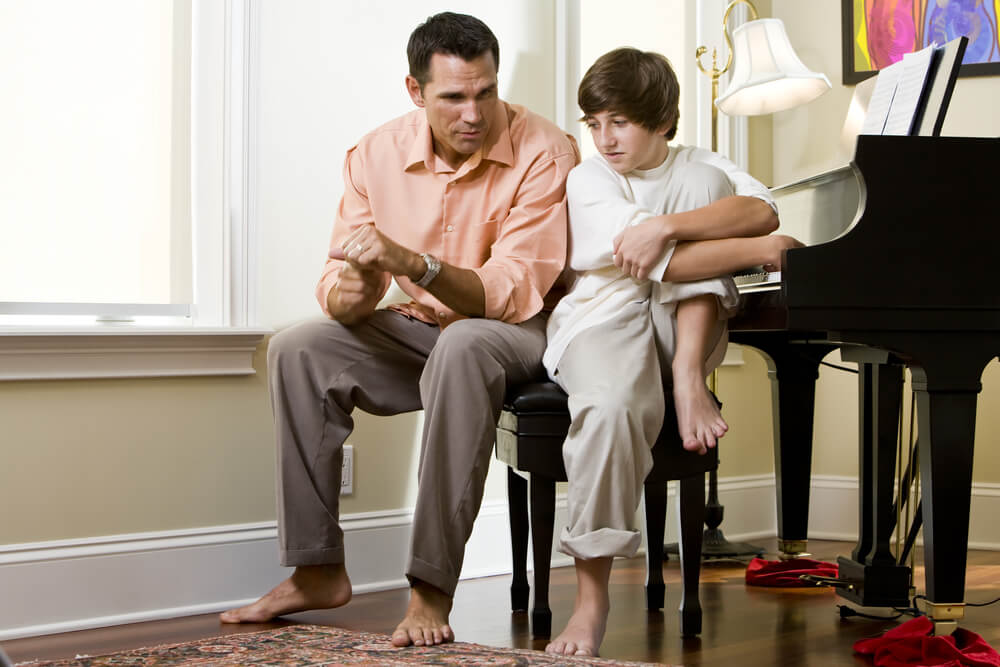
what should you do when your children lie
25 Apr 2022 | 3 min Read
Tinystep
Author | 2574 Articles
Most children pick up the habit of lying – it is an indication that the child is beginning to think and try to manipulate things into going their way. Kids lie for a variety of reasons – they might be afraid of the repercussions of something they did, they might be worried about getting into trouble, they might feel ashamed, they might find lying easier than owning up to the truth, or because they genuinely believed something that was a lie.
Whatever be the reason, it is important to make kids understand the importance of honesty too, and control the urge to lie among kids, without which lying might become habitual. We know it is instinctual to feel angry or disappointed to hear your child lie, but do keep in mind that your child is still growing up, and that shouting at him/her will only do more damage. Here are a few things you can do if your children lie –
1. Understand why. Before going ballistic and screaming at them, pause and think about why they lied. There is usually a reason why children lie, and understanding the reason makes it much better to deal with the lying. More often than not, kids lie because it makes sense in their heads, and once we understand that our kid is grown up enough to start lying, we can try dealing with the situation in a better way.
2. Set an example yourself. Kids learn by following, and if you set an example by always being honest and truthful, and the kids will follow suit. Walk the talk, and when you advise them to be truthful, show them how to do it.
3. Let your kid know they can trust you. Kids start lying when they are afraid of the reactions they might get if they reveal something. For that to go, make sure your kid knows that you are a safe haven and that you can be trusted. That way, the kid has the confidence to own up to you when they are being untruthful or when they have done something wrong.
4. Make a connection. Build a relationship with your child which fosters honesty and values it. A child which feels connected with you and trusts you will be more willing to share with you. The more you are connected, the lesser are the chances of the kid lying.
5. Make them value truth. Teach your child that truth and honesty are two qualities that undermine the basis of one’s personality, and they make up who you are as a person. Be open with your child, and ensure that they learn that trust can only be gained by being truthful.
6. Differentiate between the behaviour and the person. It would be easy to address your child as a ‘liar’ and call them names. Rather, we suggest that you try to rectify the behaviour and don’t indulge in name-calling and judging. Rather than commenting on the person, express disappointment with the behaviour. That would help the child feel guilty and also try and repair something they have done wrong.
A


Suggestions offered by doctors on BabyChakra are of advisory nature i.e., for educational and informational purposes only. Content posted on, created for, or compiled by BabyChakra is not intended or designed to replace your doctor's independent judgment about any symptom, condition, or the appropriateness or risks of a procedure or treatment for a given person.
